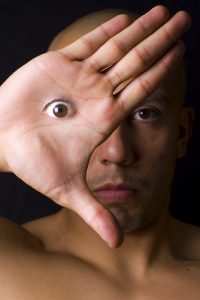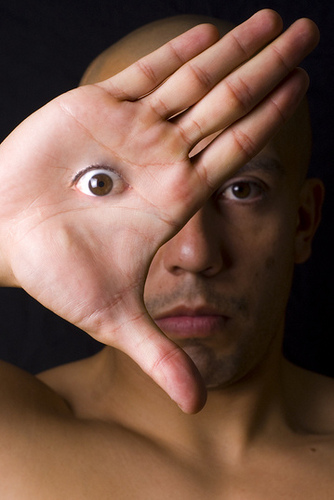Why do we have formal, organised education? One reason is to expose the next generation to the culture, values and practices of society so that they become contributing members of society. Historically, education has been mostly about bringing knowledge to learners. In the Middle Ages, people outside of universities, monasteries or apprenticeships in guilds were largely unaware of anything outside their immediate surroundings.
This is not the case anymore.

Access to information is an ever-diminishing issue as internet connectivity and cheap devices penetrate even the lowest income levels of developing countries. They also enable new ways of learning, teaching and collaborating. Education is no longer about bringing knowledge to learners. What is the role of education in modern information society then?
If the Wikimedia Foundation is gathering the sum of all human knowledge to be freely accessible to anyone anywhere, what is the role of libraries and textbooks? Do teachers need to provide information and knowledge to students, or should they rather act as guides in that endless sea of knowledge?
When video lectures by Nobel Prize-winning scientists are one click away, does it make sense for a teacher to lecture on the same topic? How could that video lecture be used as leverage to improve education? What activities in schools would be most meaningful?
When you can get peer support for your learning challenges in numerous online forums such as Peer to Peer University (P2PU), do you need classmates? What is the importance of learning face-to-face social rules and norms, as opposed to learning online norms? How do we grow into adults? Offline or online?
When you can get accreditation for your learning in the form of badges and certificates from various companies and private people (through projects like the Mozilla Open Badges), what is the value of a college or university diploma? Is it just to show that you’re in the same social club as other powerful families? Is a good university merely a venue to mingle, network and form the basis for future business relations? Is it the contemporary caste system?
Are primary education institutions just day-care facilities to keep children away from trouble while their parents are working? What would an online primary school look like?
There are no clear answers to these questions, but they still warrant thinking, as formal education is a core factor in most civilisations in the history of the world. What should education look like, and what is its purpose?
Educational institutions are, of course, struggling to adapt to the changing open knowledge landscape. Openly licensed educational resources (OER), open courseware (OCW) and online authoring environments (such as LeMill or Wikiversity) enable collaborative authoring across organisational boundaries. Open educational offerings, including massive open online courses (MOOC), change the relationship between educational institutions and the outside community. Commercially motivated course offerings, as well as commercially supported scientific study, are a growing portion of university activities. How do public interests, commercial interests, openly available knowl and the new, open methods of operation change our education? What does the primary school or university of the future look like, what do they provide for students and how do they operate?
This short essay of mine was originally published in The Open Book, published by The Finnish Institute in London, licensed under CC BY-SA.
Additional menu
Tarmo’s blog on education, technology, psychology, and life

Leave a Reply